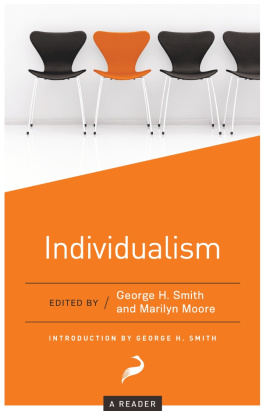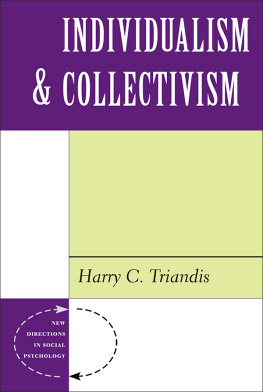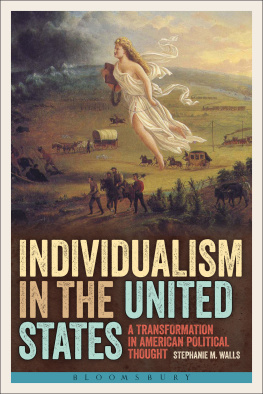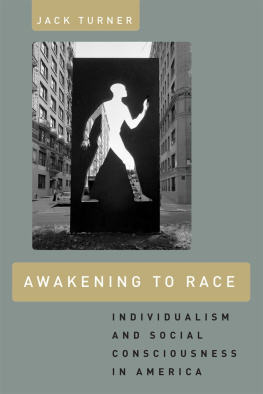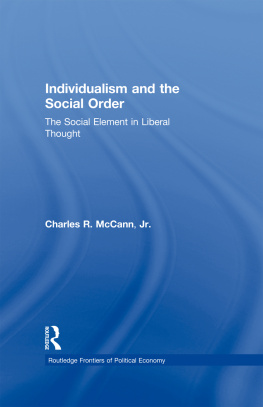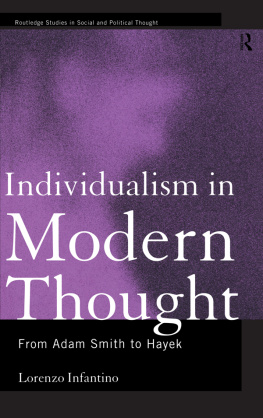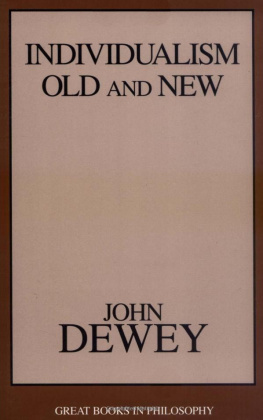This book is a collection of writings by defenders of individualism. Some major critics of individualism are discussed in the Introduction.
All selections (documents) are in the public domain. Some of the writers included here, such as J. S. Mill and Oscar Wilde, are generally known, whereas others, such as Lysander Spooner and Auberon Herbert, are known mainly to libertarians. We have included some obscure authors, such as Henry Wilson, because we think their writings have considerable merit and deserve to be more widely read. A number of our selections have never appeared in previous anthologies. Therefore, even readers familiar with the literature on individualism will probably find something new in this Reader.
This is the first in a series of Readers to be published by Libertarianism.org. We wish to thank Aaron Powell of the Cato Institute for his support and encouragement. We also wish to thank Dr. Daniel E. Cullen and Mrs. Paula Bramsen Cullen of the Chicago-based Opportunity Foundation.
BY GEORGE H. SMITH
I
In 1840, in the second volume of Democracy in America, Alexis de Tocqueville said that individualism was a word recently coined. Similarly, 16 years later, in The Old Rgime and the French Revolution, Tocqueville wrote:
That word individualism... was unknown to our ancestors, for the good reason that in their days every individual necessarily belonged to a group and no one could regard himself as an isolated unit.
As we shall see, individualism originated as a term of opprobrium, and it has retained its negative connotations to this day among both conservative and socialist intellectuals, whose criticisms have much in common. Because the selections in this anthology are devoted to defenses of individualism in its myriad forms, much of this introduction explains the major criticisms of individualism. For the sake of balance, I have frequently allowed critics to speak for themselves by quoting extensively from their writings.
Although it is not uncommon for critics to do less than full justice to the position they oppose, the ideas associated with individualism have been especially liable to this kind of abuse, which sometimes amounts to little more than political hucksterism. A recent example may be found in The Myth of Individualism by Peter L. Callero. Intended as an introduction to sociology, this book introduces students to the notion of individualism by invoking the notorious Unabomber, Theodore Kaczynski, who, between 1978 and 1995, murdered 3 people and injured 23 others. Why should a vicious serial killer be tagged as a representative of extreme individualism? Callero summarizes his reasons as follows:
Kaczynskis extreme commitment to individualism is evident in (1) his intentional avoidance of personal relationships, (2) his deliberate physical separation from others, (3) the belief that he could live out his life completely independent of a larger community, (4) his solitary development of a personal program of social reform, and (5) his private strategy to unilaterally impose his ideas through a series of private acts that destroyed the lives of others.
According to Callero, Freedom of choice and self-determination are virtuous principles, but when selfish individual interests threaten to destroy the common good, the limits of individualism are exposed.
Unfortunately but predictably, Callero is vague when it comes to defining the common gooda catchphrase with many variations that has been used by murderous dictators throughout history. May we therefore say that the common good, when pushed to extremes, results in the likes of Stalin and Hitler?
This comparison would be cheap theatrics, of course, but Callero does not hesitate to use the same tactic when criticizing individualism. In fact, if Theodore Kaczynski had not resorted to violence and murder, if instead he had respected the rights of other people to live their lives as they see fita principle that has always been essential to liberal individualism, even in its extreme manifestationsthen his decision to live as an eccentric hermit would have had no effect whatsoever on the common good. Thus, Calleros first four points are irrelevant to the supposedly harmful effects of even the most extreme individualism. Ayn Rand, for instance, was an extreme individualist by any standard, but because she vigorously defended the equal rights of individuals to be free from the initiation of physical force, she would not have served Calleros purpose of creating a caricature of individualism. Who, after all, will rally to the defense of the Unabomber?
II
Callero is not the first critic of individualism, nor will he be the last, to equate individualism with physical isolation. Karl Marx made a similar point in his discussion of the isolated individual supposedly championed by Adam Smith and other classical liberals.
The more deeply we go back into history, the more does the individual, and hence also the producing individual, appear as dependent, as belonging to a greater whole.... Only in the eighteenth century, in civil society, do the various forms of social connectedness confront the individual as a mere means towards his private purposes, as external necessity. But the epoch which produces this standpoint, that of the isolated individual, is also precisely that of the hitherto most developed social (from this standpoint general) relations. The human being is in the most literal sense a political animal, not merely a gregarious animal, but an animal which can individuate itself only in the midst of society. Production by an isolated individual outside societya rare exception which may occur when a civilized person in whom the social forces are already dynamically present is cast by accident into the wildernessis as much of an absurdity as is the development of language without individuals living together and talking to each other.
Elsewhere, Marx wrote: Man is not an abstract being, squatting outside the world. Man is in the human world, the state, society. Man is not an abstract being, and Marx objects to any theory that treats him as such. But this abstract individual differs altogether from the isolated individual to which Marx objected in the passage quoted above.
The abstract individual has nothing in common with the isolated individual of Marx and other socialist critics of individualism. Abstract means that particular attributes have been abstracted from real human beings and then integrated to form a single concept. The term isolated, however, means something quite different: it refers to a person who lives apart from other people, like Crusoe on his island.
We should not confuse abstraction (a mental process) with isolation (a physical state). Liberal individualism, contrary to Marxian mythology, did not focus on man apart from his social environment. Quite the reverse is true. Mans sociability and social relations have been a central concern of individualists since the 17th century.

